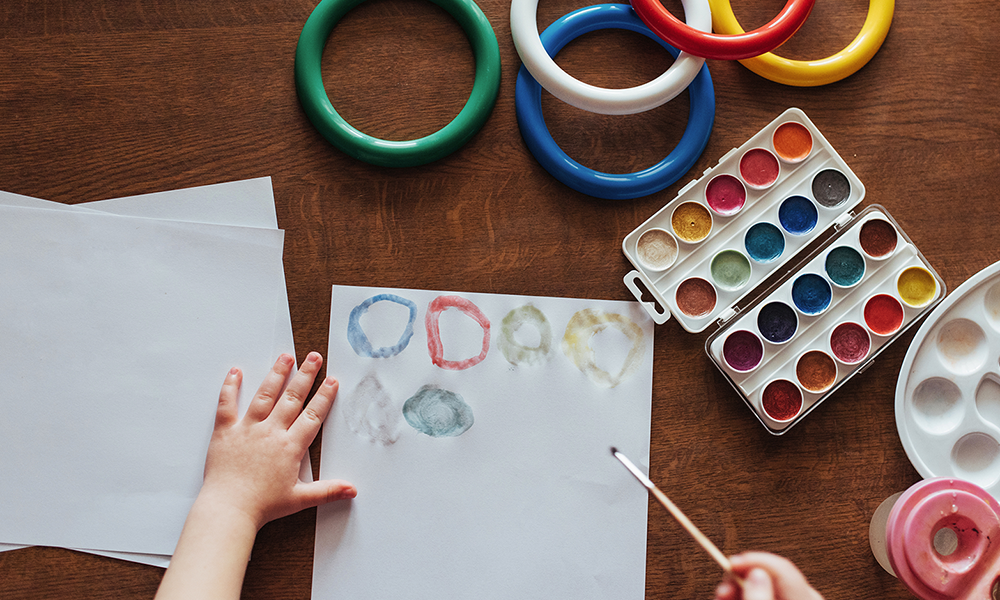The Covid-19 pandemic has had an impact on all aspects of daily life, and preschool education has been no exception. Thousands of children between 2 and 5 years of age have stopped attending their kindergartens since the health emergency began. The risk of transmission, the impossibility of adapting to online classes, and economic reasons are some of the many factors that have led to an increase in the non-attendance of the youngest children in early education.
This has an important effect. Preschool children are at a crucial stage in their development. It is precisely in early childhood, from 0 to 6 years of age, that they acquire most of the tools and skills they will need to develop in the future. These include social skills, language management, cognitive skills and emotional skills, tools that will be decisive for them to face life and that will affect aspects such as their school performance, their studies, their working life and even their salary expectations.
In a context in which most of the population in Chile is in quarantine, fathers, mothers, siblings, grandparents or any significant guardian who lives with the children, have a fundamental role to continue promoting the learning of small children. The good news is that there are different ways and all that it takes is to find the right games and activities.
Below, we share a series of free manuals and guides where you can find activities and games that are easy to do at home, and that do not require special materials. Recognizing and describing family members in photographs, search for round objects at home, or making a lentil sprout are all activities that will contribute to children’s education at home and that can be found in the following websites:
Due to the emergency, the Mineduc enabled a portal with guidelines and activities for families to reinforce learning at home, divided according to stages: between 0 and 2 years old, between 2 and 4 years old, and between 4 and 6 years old. All the activities and games are downloadable and include an explanation of the learning they promote. In addition, the site offers guides with recommendations for, for example, dealing with tantrums or the age of “no”.
2. Chile Crece Contigo website
On the website of Chile Crece Contigo, which is part of the Ministry of Social Development, there is a lot of material available for families. In addition to a guide of activities to share with the family that includes songs, recipes and “toy books”, the site also has downloadable cards to learn how to deal with each stage: from learning more about attachment and breastfeeding, preventing risks at home, correcting behavioral problems correctly, dealing with fear of the dark, among many others. On the page, you can find illustrated stories to download, which are recommended according to the age of each child. “Vowels travel through Chile”, “The rebellion of vegetables” and “The sneezing octopus” are some of the options.
3. Resources for families of Fundación Educacional Oportunidad
Fundación Educacional Oportunidad made available to families various resources and activities to do with children during this quarantine period. The objective is to keep them motivated, entertained, and above all, learning. Emergent writing, natural sciences, mathematics, activities based on stories, socioemotional development and phonological awareness to promote language development are part of the activity manuals that can be downloaded and are also available in Haitian Creole. The site also has 4 original downloadable stories for children between 4 and 6 years old, which come with a set of activities to reinforce reading comprehension.
4. Integra Kindergarten Network Activities
Fundación Integra offers parents and adults responsible for children, a series of suggestions and educational proposals to carry out at home. The activities are designed for children from 3 months to 5 years of age, and allow them to reinforce learning through play. Through downloadable PDFs, the site provides ideas for more than 200 activities to be carried out according to each stage of childhood.
5. Social networks with ideas to do at home
One option for finding activities and games to reinforce learning are social networks. On YouTube, channels such as “My Little Montessori World” and “Power Kids” offer videos to, for example, increase vocabulary, make a sensory board at home, conduct experiments with young children and also storytelling videos. On Tik Tok, the @CraftyMoms and @Didactilam accounts are very popular, offering new activity ideas every day.

